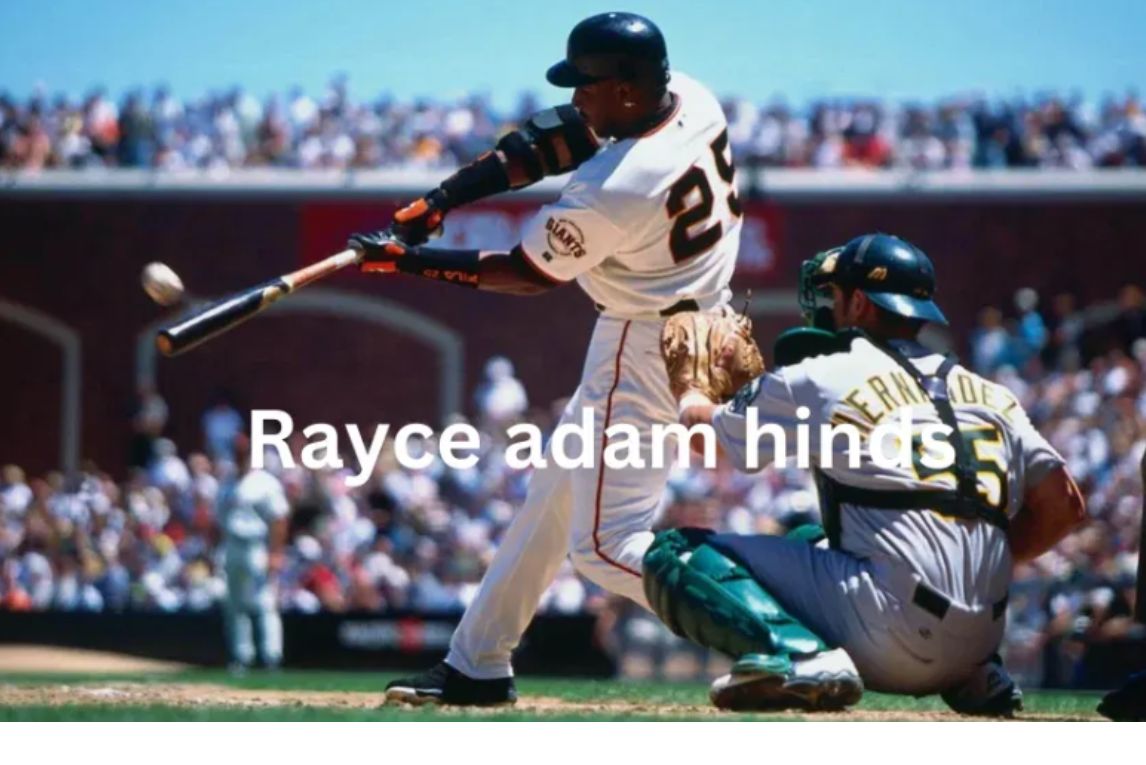As global tensions, regional conflicts, and geopolitical rivalries intensify, particularly with the ongoing and deeply entrenched humanitarian conditions in Gaza at the forefront, many are pondering: Are We in World War 3? This question underscores a growing apprehension about the state of international relations and the potential for a catastrophic global conflict. While the world has not yet been thrust into all-out war, the current geopolitical landscape undeniably presents significant risks that warrant thorough examination.
World War 3 is not simply an imaginary scenario but is reflective of current tensions and complex dynamics influencing international affairs. Understanding their causes and effects as well as those present today is necessary for assessing risks and implications posed by the current geopolitical landscape. Our comprehensive analysis seeks to shed light on these matters, providing insights into factors contributing to rising tensions. The question Are we in World War 3? might cause another global conflict in the future.
World War I (1914-1918): The Great War
Causes
World War I (also known as The Great War) began with Archduke Franz Ferdinand of Austria-Hungary being murdered on 28 June 1914, but deeper-seated causes also played a crucial role. Nationalism — defined by intense pride and loyalty for one’s nation — created rivalries and competition among European powers while imperialism — defined as expanding power through diplomacy or force — led to territorial disputes over colonies and resources that ultimately culminated in conflict.
Militarism – the belief in building strong armed forces to prepare for and aggressively defend national interests during times of war – was widespread throughout Europe, contributing to an arms race between major powers. Furthermore, an intricate web of alliances among European countries transformed what had initially been localized conflicts into global ones by obliging countries to come to the aid of allies, heightening tensions further while drawing in major powers and their colonies into battlegrounds across Europe.
Consequences
World War I had devastating repercussions, leading to millions of deaths, widespread destruction, and significant political and social upheaval. The Treaty of Versailles that ended it imposed heavy reparations payments upon Germany as reparation payments; redrew Europe’s map; set in motion new conflicts; collapsed empires (Austro-Hungarian, Ottoman, Russian, and German empires); as well as created new nations and borders throughout Europe and the Middle East.
The political and social ramifications of World War II were far-reaching. Its destruction shattered illusions of progress and civilization, leading to disillusionment, cynicism, and loss of faith in traditional institutions and values; its human cost left a legacy of trauma that still haunts global politics and society today; while attempts by international diplomacy such as League of Nations to keep peace were inadequate to prevent its outbreak – something World War II illustrated quite starkly.
Legacy
World War I had an enormous effect on international relations, diplomacy, and global order. It resulted in the emergence of major world powers – particularly the US and Japan as major world players; European dominance declined, nationalism rose across Europe and Asia while totalitarian regimes rose as well as nationalism in both regions – while also setting off ideological conflicts such as those witnessed during the Cold War between US and Soviet union powers.
World War I left an indelible mark on modern geopolitics, as its legacy lives on today in unresolved territorial disputes, ethnic and religious tensions, colonialism/imperialism’s impact, as well as ongoing conflicts and instability. It serves as a reminder of its devastating consequences and the need for collective action to address the root causes of conflict while upholding human rights to foster more just and peaceful environments around us.
World War II (1939-1945): The War to End All Wars
Causes
World War II had its roots in unresolved issues from World War I, the rise of totalitarian regimes, and the League of Nations’ failure to maintain peace and security. The Treaty of Versailles ended World War I by imposing heavy reparations payments upon Germany while also redrew Europe’s map, creating economic and political instability and eventually leading to Adolf Hitler and his Nazi Party taking power in Germany.
Germany, Italy, and Japan engaged in expansionist policies propelled by nationalism, militarism, and ideological extremism that eventually led to World War I. Hitler’s aggressive territorial ambitions including his annexation of Austria and invasions of Czechoslovakia and Poland caused hostilities on European soil; Japan’s imperialist expansion in Asia including invasions of China and Southeast Asia as well as Italy’s involvement in Ethiopia and the Spanish Civil War further contributed to globalizing this conflict.
Consequences
World War II was one of the deadliest conflicts ever witnessed on planet Earth, killing over 65 million people (including six million Jews during the Holocaust), and devastating cities, infrastructure, and economies – leaving an impactful legacy that continues to shape global politics and society today.
World War II had profound geopolitical ramifications. The Allies led by the United States, Soviet Union, and UK emerged victorious; the Axis powers led by Germany Italy, and Japan were defeated. After World War II saw the formation of the United Nations Organization followed by the Cold War between the United States and the Soviet Union which eventually resulted in Europe and the world becoming divided into various blocs.
World War I caused radical transformations to global power dynamics, with Europe losing ground to America and Soviet Russia as superpowers, decolonization movements gaining speed, colonial empires dismantled and new independent nations emerging across Asia, Africa, and the Middle East as a result of colonialism falling away rapidly during and following World War 1.
Legacy
World War II’s legacy continues to profoundly impact modern geopolitics and international relations. It paved the way for ideological conflicts and rivalries typifying Cold War times – such as splitting Europe into opposing blocs, or arms races between America and Soviet Russia.
War had an enormous influence on human rights and international law, leading to the development of both the Universal Declaration of Human Rights and the Geneva Conventions. Holocaust atrocities committed during World War II illustrated the need for collective actions to combat genocide, ethnic cleansing, and war crimes.
World War II provided lessons about both its catastrophic consequences and the necessity of collective action to address the root causes of conflict, uphold human rights, and create a more just and peaceful world. After WW2, international institutions, alliances, and norms were put in place as attempts at creating an order characterized by cooperation, dialogue, and multilateralism – elements essential in creating peace between countries.
A New Cold War? The Palestine-Israel Conflict and Other Key Players
As global tensions mount and conflicts intensify across various regions, the question on many minds is: Are we in World War 3? While the world has not yet entered a full-scale world war, the current geopolitical landscape is undeniably fraught with risks and challenges. One of the most pressing flashpoints contributing to these tensions is the ongoing conflict between Palestine and Israel, which has the potential to draw in regional and global powers.
The Israel-Palestine Conflict: A Perpetual Flashpoint
The Israel-Palestine conflict has its roots in competing nationalisms, historical grievances, and territorial disputes. The establishment of the State of Israel in 1948 led to the displacement of hundreds of thousands of Palestinians, creating a refugee crisis and laying the groundwork for decades of conflict.
Recent escalations in the conflict, including clashes in Jerusalem and Gaza, have reignited tensions and raised fears of a wider conflict. The issues at stake include land rights, religious freedoms, and political sovereignty, with both sides deeply entrenched in their positions and international efforts to broker peace largely unsuccessful.
Involvement of Regional and Global Powers
Iran’s Alleged Role: Iran’s alleged involvement in supporting Palestinian factions and its broader regional ambitions have added a new dimension to the Israel-Palestine conflict. Iran’s alleged missile attacks on Israel and its support for proxy groups like Hamas and Islamic Jihad have escalated tensions and raised concerns about the potential for wider regional conflict.
Saudi Arabia and the Gulf States: Saudi Arabia and other Gulf states have historically supported Palestinian aspirations but have also sought to strengthen ties with Israel in recent years, driven by shared concerns about Iran and mutual economic interests. The shifting alliances and dynamics among these regional powers add complexity to the conflict and contribute to broader geopolitical tensions.
United States and Russia: The United States has traditionally been a staunch ally of Israel, providing diplomatic, financial, and military support. Russia, on the other hand, has sought to increase its influence in the Middle East by engaging with various regional actors, including Syria, Iran, and Turkey. The involvement of these global powers further complicates efforts to resolve the conflict and mitigate the risks of escalation.
Are We in World War 3?
While the world has not yet plunged into a full-scale world war, the increasing tensions and conflicts, including the Israel-Palestine conflict, are cause for serious concern. The lessons from the previous world wars highlight the catastrophic consequences of war and the need for collective action to address the root causes of conflict, uphold human rights, and build a more just and peaceful world.
Conclusion
While it would be too early to answer Are we in World War 3? Increasing tensions and conflicts around the globe should cause us to take notice. Our lessons from previous world wars emphasize its devastating repercussions while emphasizing collective efforts necessary for peace. To address root causes of conflict while upholding human rights. Forging an equitable, peaceful world.









